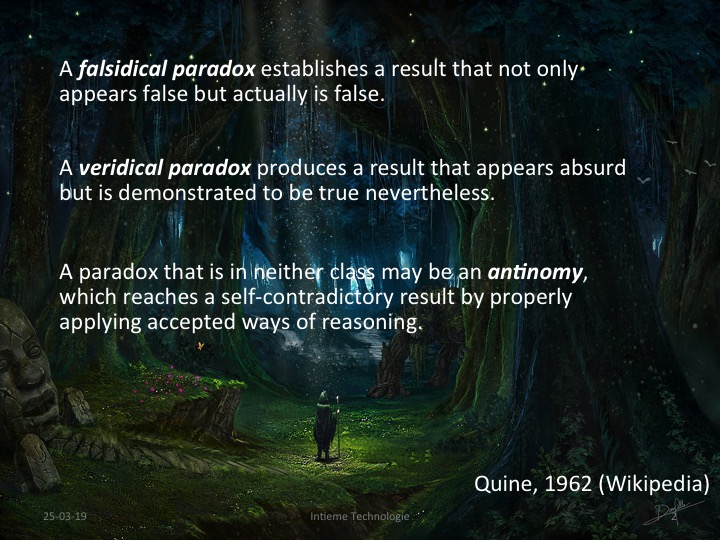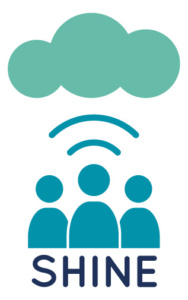UNESCO Video on AI, Ethics & Society, June 2019
UNESCO has released a beautiful video on AI, Ethics & Society with interviews by myself, prof. Peter-Paul Verbeek, Prof. Koichi Hori, and Prof. Vanessa Nurock (short trailer). It was recorded on the occasion of the Roundtable at UNESCO Paris (video of panel, with my talk at 36:00min) on “Artificial Intelligence: Reflection on its complexity and impact on our society”, where I gave a talk on AI & Human Vulnerability – Getting Intimate with Fear. It was an amazing event in a very welcoming atmosphere, with people from so many different countries in the audience! A wonderful experience.
Van Leeuwenhoek Lecture June 2018: Intimate Technology – About the beauty of a paradox [in Dutch]
In the context of Studium Generale of TU Delft in which the Van Leeuwenhoek lectures are organised for the general public, I gave a lecture about Intimate Technology. As a starting point for this talk I chose one of the aspects that inspires me about this topic, namely its paradoxical nature. The deeply human notion of intimacy, combined with the “hard” and perhaps (perceived) rational world of technology.
When preparing for the talk I googled the notion of paradox, and came across a Wikipedia page that referred to three types of paradoxes as identified by the logician Quine. These three types turned out to be a great fit for how I think about Intimate Technology as a scientist, and so formed a perfect starting point for my talk!

Using the analogy of exploring an unknown forrest, as a scientist I try to figure out whether Intimate Technology is a “forrest” to be entered. Should we stay away from it because this cannot be right (a falsidical paradox)? Can we, on second thought, just enter it without being too concerned (veridical paradox)? Or is it more like a fairytale forrest, which looks intriguing but we may have to be careful where we tread. I suggested that Intimate Technology might be of the latter kind, containing an inherent paradox that we may not be able to fully resolve. Nevertheless we can make progress as long as we are mindful of the contradictions that we might encounter and address them wisely. I tried taking the audience along in this forrest for a few careful steps.
KIVI Big Data Science Masterclass 2017: Responsible Data Sharing
I was invited to give a masterclass (November 2017) about Responsible Data Sharing in the context of the KIVI Chair Big Data Science held by prof. dr. ir. Geert-Jan Houben. KIVI is the Dutch Royal Institute of Engineers. I entitled the talk: Responsible Data Sharing: A vision of human-technology partnership.
I posited that existing intimate technologies take an all-or-nothing approach to data sharing that does not address important human vulnerabilities, and argued for a more flexible (responsible!) approach that takes into account important values such as privacy and responsibility. I see responsible data sharing as forming a complement to data analytics, providing an important building block for creating digital technology that partners with us, rather than controlling us.
I gave a 10min introductory talk which has not been recorded, however the slides can be found here. You can watch a short advertisement of the masterclass in the video below. A short compilation video about the event as a whole can be found here.
You can watch (most of) the masterclass itself, in which I presented philosophical and psychological background regarding vulnerability, a design approach, and software models for making the data sharing part of intimate technologies more flexible in accommodating our norms and values in the video below.
SHINE project: Data Science for Environmental Monitoring in Urban Environments

I believe this video is the first moving image of me that has appeared on the web (scary!). It is a video we made at the start of the SHINE project to show its relevance in the context of the Delft Data Science initiative. SHINE (which ran from 2012 until 2016) was a multidisciplinary ICT project comprising 11 research groups across three faculties at TU Delft, with me as project leader. In the project we aimed at collecting and processing different types of urban data, in particular focusing on heavy rainfall, from physical sensors and social sensing. And by doing so obtaining higher resolution and higher quality information on the weather and its impact on society, in real-time.
With the support of the Amsterdam Metropolitan Solutions (AMS) Institute, we also made a video explaining in more detail our social sensing approach “Social Sensing On Demand” (demo and paper). The video was made by Synergique. I also gave a short pitch (at 1.10.34min) about Social Sensing on Demand at the TU Delft Dies seminar 2015 on “Intelligent Cities: sustainability and big data”.
